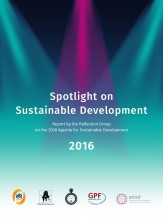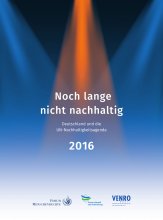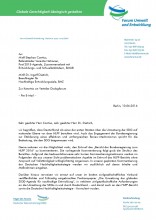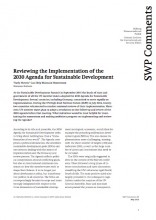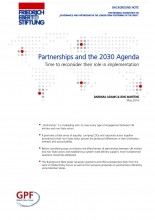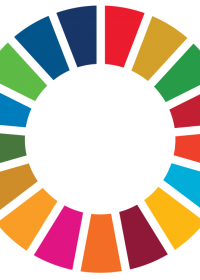
Independent monitoring and review of the implementation of the 2030 Agenda and its structural obstacles and challenges are key factors for the success of the SDGs. It is for this reason, the Reflection Group on the 2030 Agenda for Sustainable Development together with other civil society organizations and networks has produced the first annual Spotlight Reportassessing the implementation of the 2030 Agenda and the structural obstacles in its realization. The report puts a spotlight on the fulfillment of the [...]

